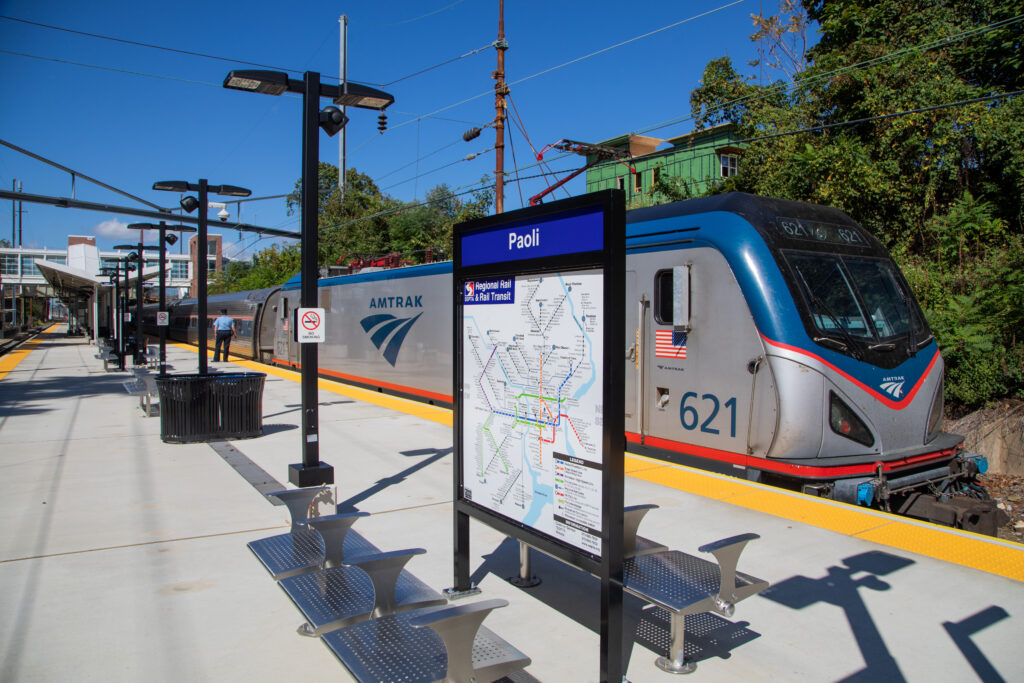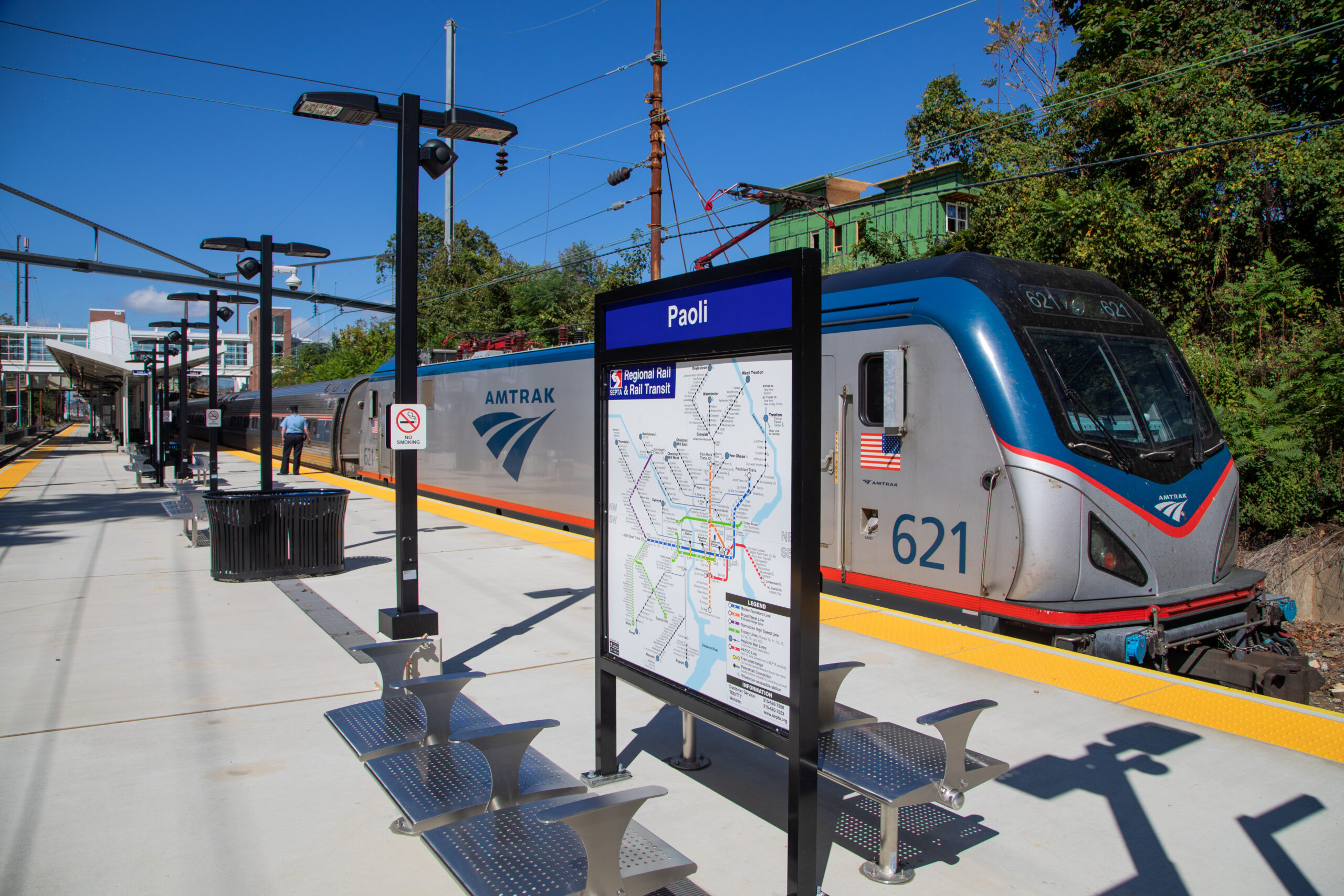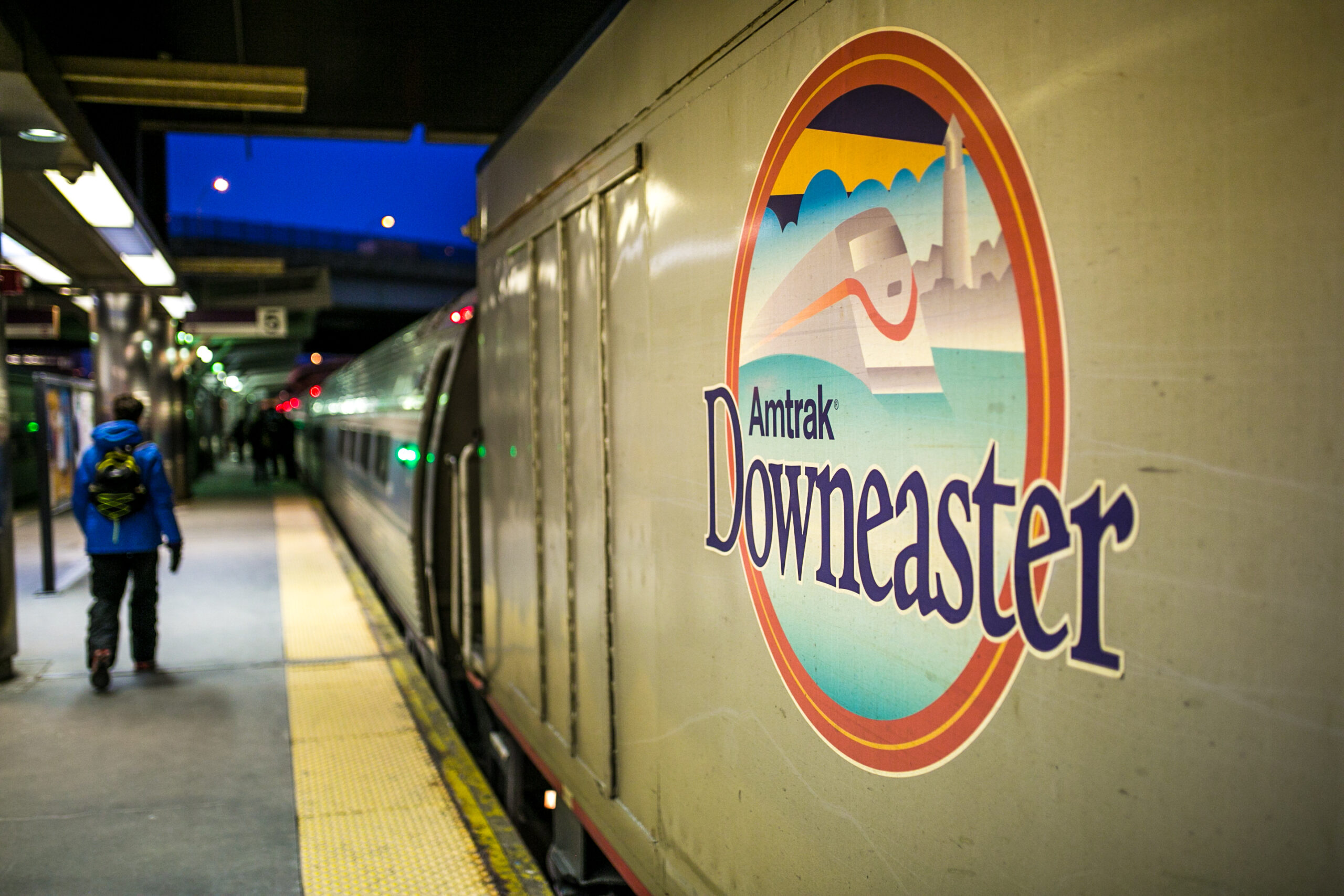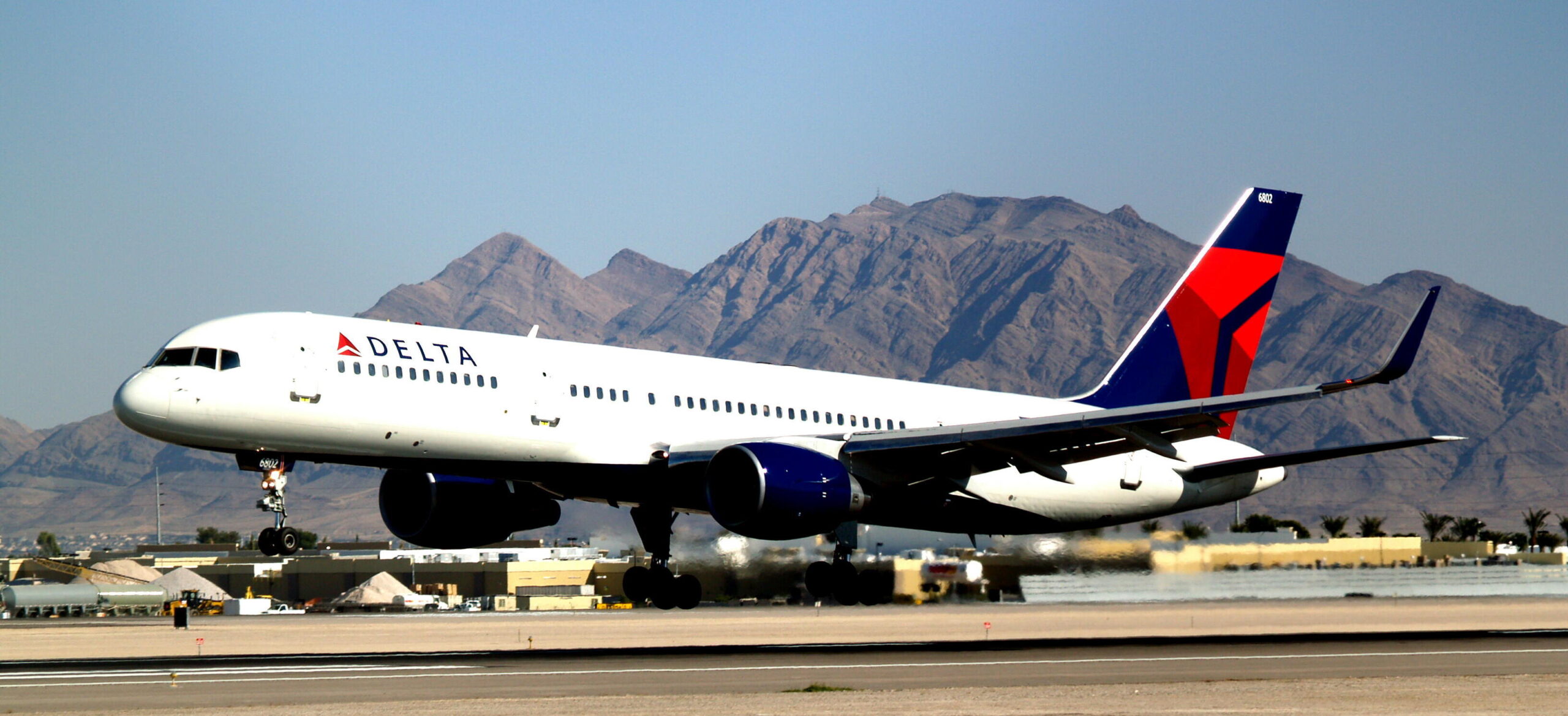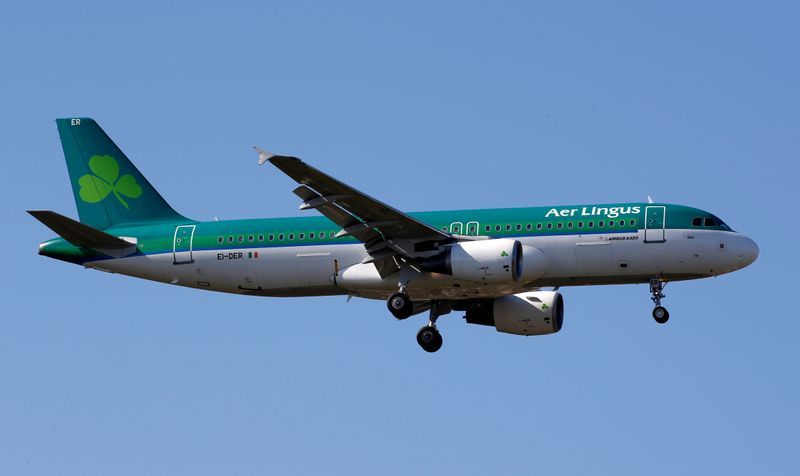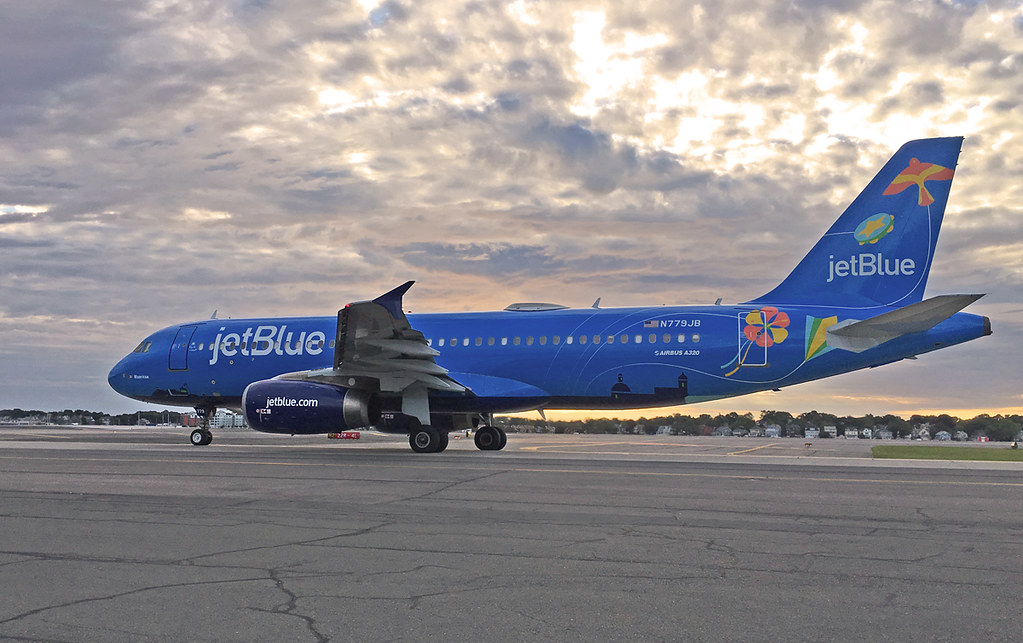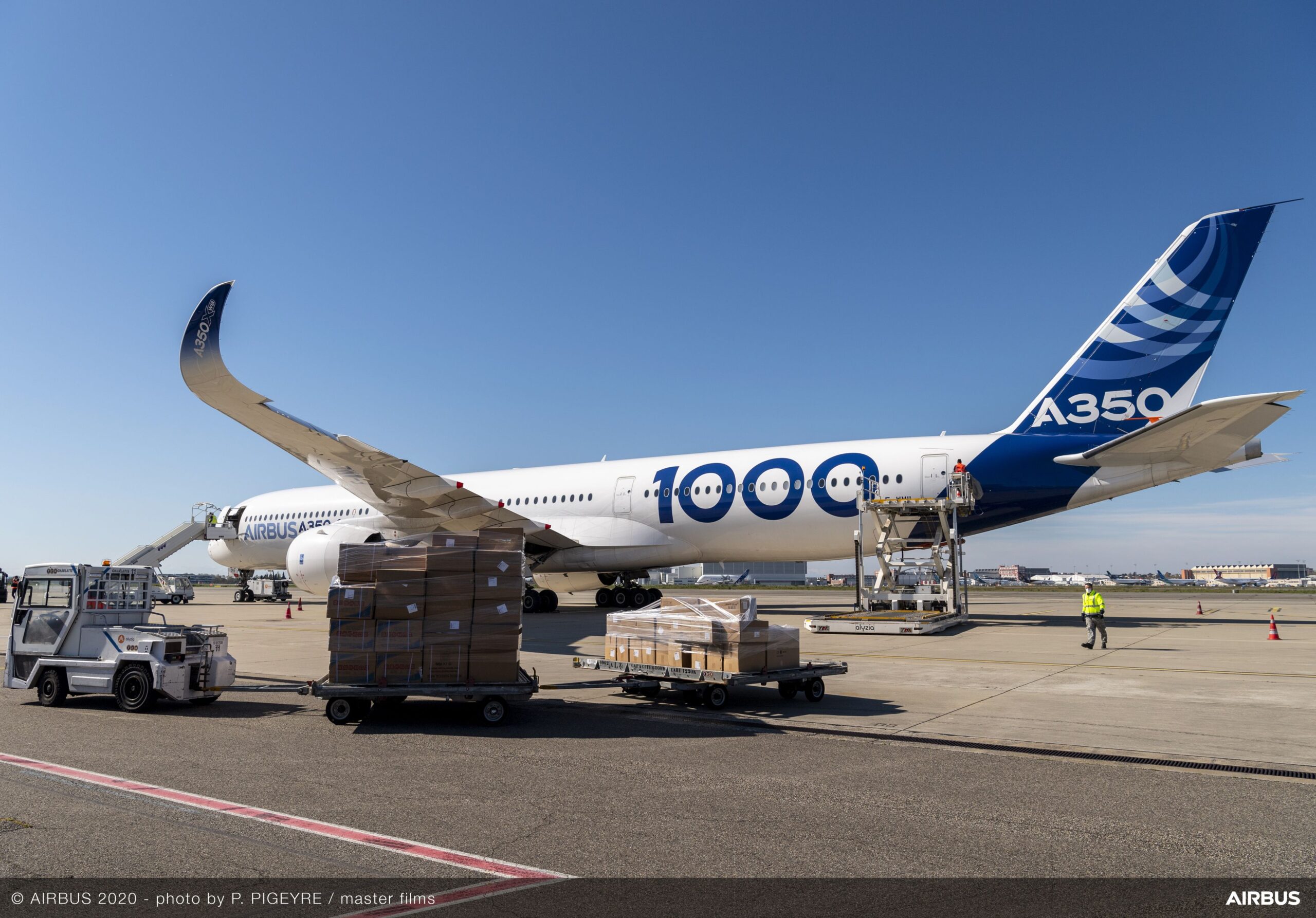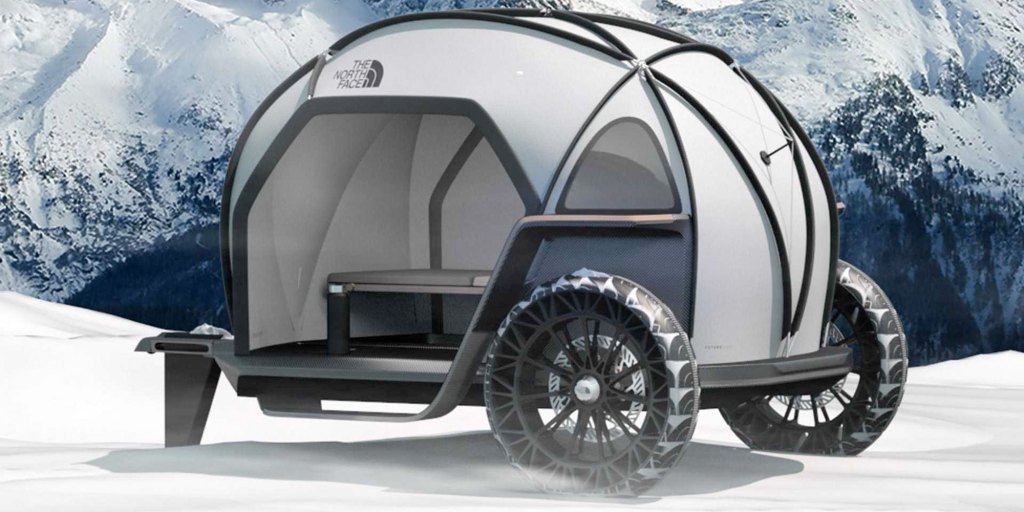- New safety initiatives will continue to be in effect for customers and employees
In coordination with state partners at the Pennsylvania Department of Transportation, beginning Monday, July 6, Amtrak is partially restoring full-length Keystone Service (New York – Philadelphia – Harrisburg) with one roundtrip between Harrisburg and New York in response to anticipated increased demand. Keystone Service train 640 will operate through to New York and train 653 will originate in New York and operate through to Harrisburg.
Modified Keystone Service includes nine weekday roundtrips and six roundtrips on weekends. Aside from the one additional roundtrip being added to New York, other Keystone Service trains will continue to temporarily operate between Philadelphia and Harrisburg only. Pennsylvanian (Pittsburgh – Philadelphia – New York) service was previously fully restored in June and includes one daily roundtrip operating normally between New York, Philadelphia and Pittsburgh.
Amtrak continues to take extra steps to keep train travel safe, including limiting bookings to less than half of capacity to maintain ample space for physical distancing onboard trains. All trains will be reserved to allow for physical distancing. Ticketing is now available on Amtrak.com, on Amtrak mobile apps or by calling 800-USA-RAIL.
“We are dedicated to doing everything possible to return service safely. We want everyone to feel comfortable as they navigate this new normal,” said Amtrak President and CEO Bill Flynn.
In addition to aggressive steps to disinfect stations and trains, additional Amtrak measures deliver a New Standard of Travel by including the following:
- Face coverings: As part of Amtrak’s ongoing commitment to protect customers and front-line employees in response to the coronavirus pandemic, Amtrak is requiring that all customers in stations, on trains and Thruway Buses wear face coverings. The Centers for Disease Control and Prevention recommends the use of simple cloth face coverings or masks to slow the spread of the virus and prevent transmission.
- Limiting bookings: We are limiting bookings on most trains to allow for more physical distancing in seating areas. Individuals traveling alone may use the seat next to them for personal belongings, while friends and family members will easily find seats together.
- Air quality: All Amtrak trains are equipped with onboard filtration systems with a fresh air exchange rate every 4-5 minutes.
- Cashless service: As an added measure to ensure the health and safety of our customers and employees, we are temporarily accepting only cashless payments in stations and on trains.
- Physical distancing: Signage has been displayed at our busiest stations to indicate safe distances in high customer traffic areas such as waiting rooms, ticket offices, base/top of escalators, lounge entrances, etc. In addition, clear protective barriers have been installed at stations where there were no barriers.
